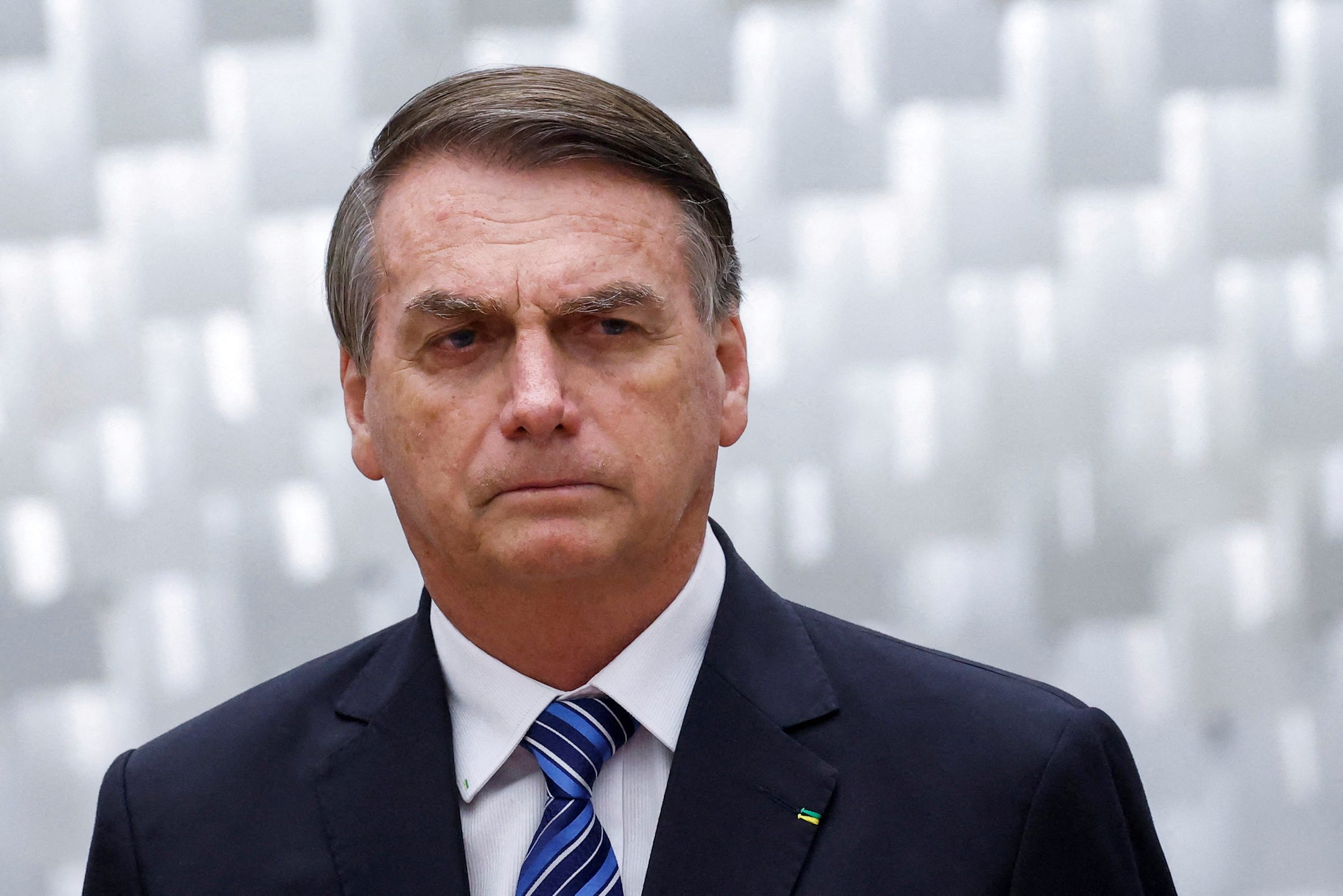
Upgrade to High-Speed Internet for only ₱1499/month!
Enjoy up to 100 Mbps fiber broadband, perfect for browsing, streaming, and gaming.
Visit Suniway.ph to learn
Already have Rappler+?
to listen to groundbreaking journalism.
This is AI generated summarization, which may have errors. For context, always refer to the full article.

The Capital Markets Efficiency Promotion Act imposes a 20% tax on the interest income on long-term investments, but interest incomes of short-term bank deposits have been taxed at this rate since 1998
MANILA, Philippines – The Department of Finance (DOF) on Thursday, July 17, clarified that the 20% tax on interest income is not a new feature of the Capital Markets Efficiency Promotion Act (CMEPA).
The DOF issued the clarification after several online posts claimed that the CMEPA introduced a 20% tax on interest income.
According to the Finance Department, the interest income tax is stipulated under the National Internal Revenue Code of 1997.
Under this law, a depository bank withholds the following percentage of interest income as tax:
- Less than three years – 20%
- Three years to less than four years – 12%
- Four years to less than five years – 5%
Interest income on investment instruments with terms longer than five years were initially exempt from taxation.
The finance department clarified the CMEPA only removes the taxation exemption for these investments, calling it an outdated and inequitable system.
“This special tax treatment favored depositors who can afford to park their savings in long-term deposits, making the tax system unfair for short-term depositors who face liquidity issues and need immediate access to their funds,” the DOF wrote in a statement.
Rappler’s resident economist JC Punongbayan described the move as a form of capital control which only introduces an existing tax rate for previously untaxed deposits. But he believes the flat tax rate could be much lower since the current 20% rate is too high.
Accountant-lawyer Benedicta Du-Baladad, founding partner and chief executive officer of Du-Baladad and Associates, told the ABS-CBN News Channel in an interview that some considered the previous tax exemption “anti-poor” since only richer people could afford to invest in long-term instruments.
Du-Baladad added that the taxation of these long-term financial instruments will allow Filipinos to select potential investments based on returns instead of its tax treatment.
“So they said, okay, I think we need to remove this and let just it be at 20% for all investments so that when you make your investment, you don’t choose whether it’s not tax-induced. You don’t make an investment decision driven by its tax treatment,” she explained.
The DOF also clarified that the standardized tax rate is not retroactive and will not apply to financial instruments that were issued prior to July 1. This means that long-term deposits made before CMEPA took effect will continue to enjoy preferential rates until they mature. – Rappler.com
How does this make you feel?
Loading


 1 day ago
3
1 day ago
3


![[OPINION] Waiting for the real Philippine opposition](https://www.rappler.com/tachyon/2025/07/TL-REAL-PHILIPPINE-OPPOSITION-JULY-18-2025.jpg)
